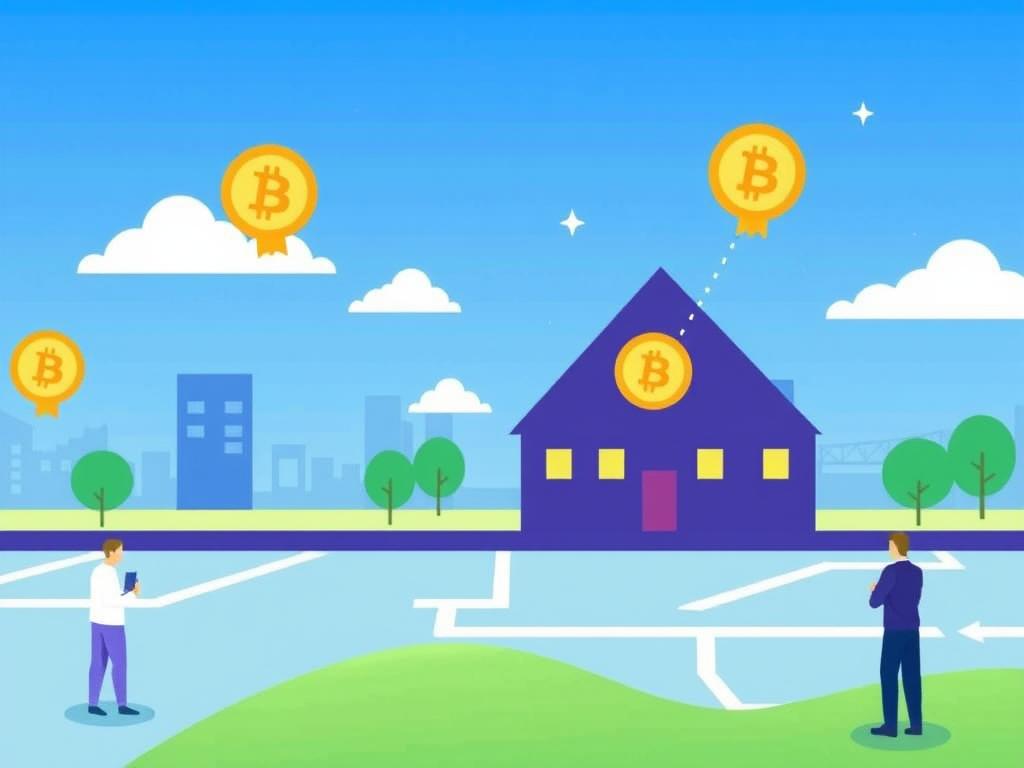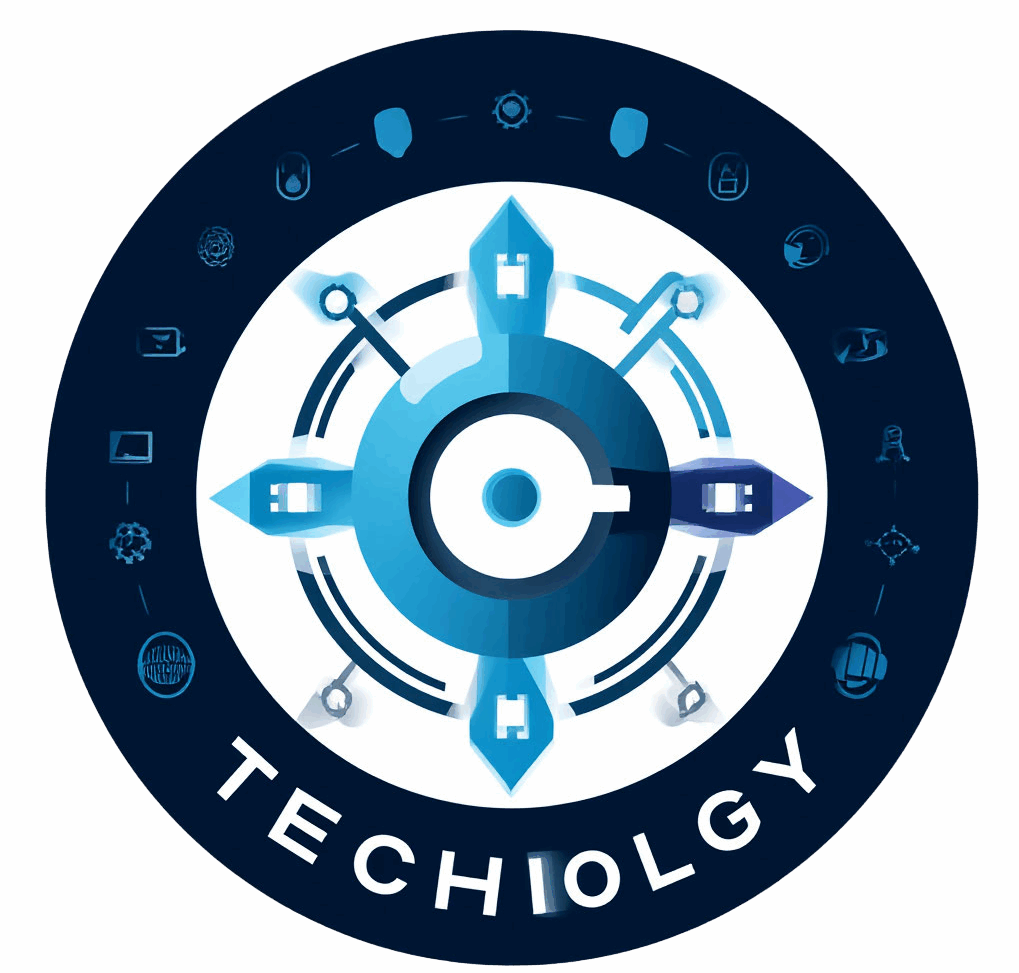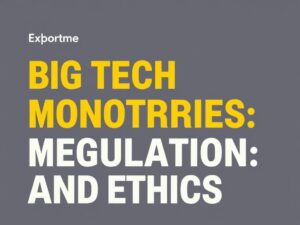Blockchain technology burst into the spotlight thanks to cryptocurrencies like Bitcoin, capturing global attention with its promise of secure, decentralized digital money. However, as fascinating as cryptocurrencies are, blockchain development has grown far beyond just digital currencies. Today, industries across the board are discovering how blockchain can revolutionize the way they operate by introducing transparency, security, and efficiency to processes previously mired in complexity. In this article, we will explore the vast scope of blockchain development beyond cryptocurrencies, shedding light on how this technology is transforming supply chains, healthcare, finance, and even art.
Understanding Blockchain Beyond Cryptocurrency

At its core, blockchain is a distributed ledger technology. It allows for the recording of transactions across multiple computers so that any involved record cannot be altered retroactively without the consensus of the network. This feature ensures incredible security and trustworthiness without relying on a central authority.
While cryptocurrencies harness this technology to create digital money, blockchain development extends well beyond that simple use case. Developers are leveraging blockchain’s unique properties for purposes such as data authentication, smart contracts, transparent voting systems, and more. This creates opportunities for businesses and governments to solve long-standing problems like fraud, data manipulation, and inefficiencies.
Key Applications of Blockchain Development Outside of Cryptocurrencies
The beauty of blockchain lies in its flexibility. Let’s explore some prominent areas where blockchain development adds real-world value beyond cryptocurrencies.
1. Supply Chain Management
One of the most promising applications is in supply chain management, where blockchain helps increase transparency and traceability of products from origin to consumer.
- Real-time tracking of shipments
- Verification of product authenticity (anti-counterfeiting)
- Reducing paperwork and administrative overhead
- Enhancing collaboration between different stakeholders in the supply chain
For example, companies like IBM and Maersk partnered to create TradeLens, a blockchain platform that streamlines global shipping logistics by providing all participants with a secure, transparent view of shipments.
2. Healthcare and Medical Records
In healthcare, blockchain development addresses critical issues around data sharing, patient privacy, and record security.
- Secure sharing of patient health records between providers
- Preserving patient privacy by controlling access permissions
- Reducing fraud and errors in insurance claims processing
- Creating immutable audit trails for pharmaceuticals to avoid counterfeit drugs
By integrating blockchain, healthcare providers can drastically improve outcomes through better data interoperability and trust.
3. Finance Beyond Digital Currency
Apart from cryptocurrencies, blockchain development is impacting traditional finance systems in numerous ways.
| Use Case | Description | Benefits |
|---|---|---|
| Cross-border payments | Using blockchain to speed up international money transfers | Lower fees, faster transactions, increased transparency |
| Smart contracts | Self-executing contracts with terms directly written into code | Reduces intermediaries, lowers costs, enhances trust |
| Decentralized finance (DeFi) | Financial services on blockchain without traditional banks | Greater accessibility, increased liquidity, transparency |
Banks and financial institutions worldwide are heavily investing in blockchain development to improve operations and build new products.
4. Digital Identity and Voting Systems
Blockchain can empower users with control over their digital identity, making it reliable and tamper-proof, which has vast implications for many sectors.
- Eliminating identity fraud by verifying credentials securely
- Allowing citizens to vote electronically with a transparent audit trail
- Enabling easy access to government services with verified identification
Countries experimenting with blockchain-based voting systems aim to enhance election transparency and prevent manipulation.
5. Art, Media, and Intellectual Property
Artists, musicians, and content creators face challenges protecting their intellectual property and receiving fair compensation. Blockchain development offers innovative solutions.
- Recording ownership and provenance of digital art through Non-Fungible Tokens (NFTs)
- Ensuring transparent and automated royalty payments using smart contracts
- Creating decentralized platforms for content distribution to reduce censorship
This not only empowers creators economically but also connects them directly with audiences.
How Blockchain Development Is Driving Innovation and Challenges
Blockchain’s rise beyond cryptocurrencies opens a world of innovation, yet it also brings challenges that developers and businesses must address.
The Innovation Spark

The key innovation lies in decentralization and immutability. By removing intermediaries and creating trustless systems, blockchain development allows for:
- Permissionless collaboration
- Trust built on mathematics rather than institutions
- More inclusive economic models like peer-to-peer sharing
This shifts traditional business paradigms and spurs new business models that were unthinkable before.
Challenges to Overcome

Despite incredible promise, blockchain development outside cryptocurrencies faces several hurdles:
- Scalability: Handling large transaction volumes remains an issue compared to traditional databases.
- Regulatory Uncertainty: Governments are still defining how blockchain applications fit within existing laws.
- Interoperability: Different blockchains often cannot communicate, limiting cross-platform solutions.
- User Experience: Complex wallets and terminology can be intimidating for mainstream users.
Developers actively work on layer-2 solutions, standards, and better interfaces to tackle these problems and enhance adoption.
The Future of Blockchain Development Beyond Cryptocurrencies
As blockchain technology matures, its development trajectory promises a future where decentralized, transparent systems touch nearly every aspect of our daily lives. Imagine supply chains where you can verify the origin of every ingredient in your food, healthcare systems where you control your own data without risking privacy, or voting systems that are so secure they virtually eliminate election fraud.
The confluence of artificial intelligence, Internet of Things (IoT), and blockchain will unlock more sophisticated solutions, especially in areas requiring secure data exchange and trust across numerous parties. Blockchain development also fuels a new wave of entrepreneurship, as startups and established firms explore use cases beyond finance, creating jobs and economic growth.
Summary
Blockchain development has undeniably evolved far beyond the realm of cryptocurrencies, influencing industries and reshaping the way organizations and individuals transact, share data, and trust one another. From supply chain transparency to healthcare data security, and decentralized finance to digital identity, blockchain’s core strengths—decentralization, immutability, and transparency—are key drivers of innovation in multiple sectors. While challenges related to scalability, regulation, and user experience still need attention, the future is promising, driven by the tireless efforts of developers and visionary enterprises. For those intrigued by technology’s transformative power, keeping an eye on blockchain development beyond cryptocurrencies offers a fascinating glimpse into the future of digital trust and collaboration.
Conclusion
Blockchain is no longer just the backbone of cryptocurrencies—it is becoming a foundational technology that promises to reinvent the way we handle verification, transparency, and trust across countless fields. As blockchain development continues to expand, integrating with other emerging technologies and solving its inherent challenges, the possibilities for innovation seem boundless. Whether you are a curious consumer, a business leader, or a developer, understanding this technology’s reach beyond digital currency is essential to appreciating its role in shaping tomorrow’s world. Engaging with blockchain today means participating in a broader movement toward a more open, secure, and efficient digital future.




